Total Disc Replacement (TDR) Surgery
What is Total Disc Replacement (TDR)?
A significant surgical procedure, disc replacement surgery, whether in the neck (cervical) or the low back (lumbar), consists of removing a herniated disc in the spinal cord. The disc is the soft material that joins the vertebral bodies at the front of the spine. After removal of the herniated disc, or discs, the artificial disc is then inserted — completing the disc replacement process.
In a total disc replacement, all aspects of the affected disc — interior, exterior and endplates — are replaced with one singular implant. It is an alternative to the commonly known spinal fusion surgery.
TDR surgery is not recommended by The Morrison Clinic™ if a patient also has significant spondylolisthesis or lumbar spinal stenosis.
Total disc replacement is a treatment recommended only after prior non-surgical approaches to degenerative disc disease have been ineffective, and one that our South Florida spine surgeons have a track record of exceptional outcomes in performing.
Performed under general anaestesia as an in-patient procedure, below are the steps we take to complete your TDR surgery.
- INCISION
A one to two-inch incision is made on the front of the affected area (neck or lumbar region).
2. VISUALIZATION
The muscles and structures of the area are carefully moved to the side to allow Dr. Morrison to access the spine.
3. DISCECTOMY
The affected disc(s) is removed.
4. IMPLANT
The artificial disc is placed in the empty disc space, replacing the disc that was removed.
5. CLOSING
Sutures are used to close the wound carefully to minimize scarring.
Benefits of TDR Surgery
Spine fusions are the alternative treatment to a TDR surgery. In a fusion, the affected disc is removed and an implant with bone graft is put in its place to help the vertebrae fuse together.
In a disc replacement procedure — which does not utilize bone graft — an artificial disc is put in the place of the damaged disc. The artificial disc creates less stress on the remaining vertebrae and helps the spine maintain a more natural range of motion than a spinal fusion.
Notably, the recovery time from TDR is also shorter, reducing time away from work or regular daily activites.
Am I a Candidate?
The Morrison Clinic advises non-surgical, conservative treatment for a period of at least six months before considering a TDR surgery. When conservative treatment fails, our spine neurosurgeons may recommend a cervical disc replacement surgery for adults with either one or two damaged cervical discs next to each other, weakness in their arms, or symptoms that prevent daily quality of life from being enjoyed.These symptoms do not always mean our neurosurgeons will recommend TDR surgery for you. Dr. Morrison will thoroughly consider your medical history and other factors to determine the best course of treatment.
Schedule an e-consult here to learn more about your candidacy for Total Disc Replacement (TDR) at The Morrison Clinic™.
Conditions Total Disc Replacement (TDR) Resolves
- Degenerative Disc Disease
- Herniated Discs
- Ruptured Disc
Any of the above conditions can cause loss of feeling, loss of movement, pain, weakness or tingling down the arm and possibly into the hands.
Total Disc Replacement (TDR) Aftercare & Positive Recovery
On average, artificial total disc replacement recovery time takes is roughly one month, or three to five weeks. Like all procedures, this recovery time varies dependent upon your specific condition. Many patients can return to light activities and desk work within one week, but a few may not be at full activity level prior to surgery for up to three months.
Factors that can affect TDR recovery time include:
- Smoking. Studies have shown that people who smoke tend to have higher rates of infection at surgical sites.1 Also, nicotine is a known bone toxin, so it may hinder the artificial disc’s attachment to adjacent vertebrae. Many surgeons may require a person to refrain from smoking in the few weeks leading up to and after surgery.
- Multilevel surgery. When more than one level of the cervical spine is operated upon, the recovery is likely to take longer compared to a single-level surgery. If a hybrid surgery is performed (fusion surgery at one level and artificial disc replacement at an adjacent level), the fusion will likely take 6 or more months to fully grow together. Currently 1- and 2-level artificial cervical discs are FDA-approved in the United States. If more than this level is being performed, the risks of off-label use need to be discussed with the surgeon.
- Medication plan. If medications are not taken as directed by the surgeon or pharmacist, there is an increased risk for delayed recovery due to complications or inadequate pain relief. If a prescribed medication is causing unwanted side effects or not relieving pain, ask the surgeon about other medication options. Unlike fusion surgery, anti-inflammatory medications are often used following disk replacement
- Physical activity levels. While walking is advised shortly after surgery, too much activity early in the recovery period may lead to increased pain or injury. Additionally, too little movement or activity may increase the risk for neck stiffness, constipation, blood clots, or other complications. Follow the surgeon’s recommendations for which activities are appropriate at each stage of the recovery.
- Age. People who are older may not heal as quickly. One study of outcomes from cervical artificial disc replacement surgery compared people who were over age 65 with people who were younger than age 40. While the outcomes in both groups were good, people over age 65 tended to have more issues with swallowing after surgery.2
Contributing factors may slow down recovery time, such as poor nutrition or other pre-existing conditions.

